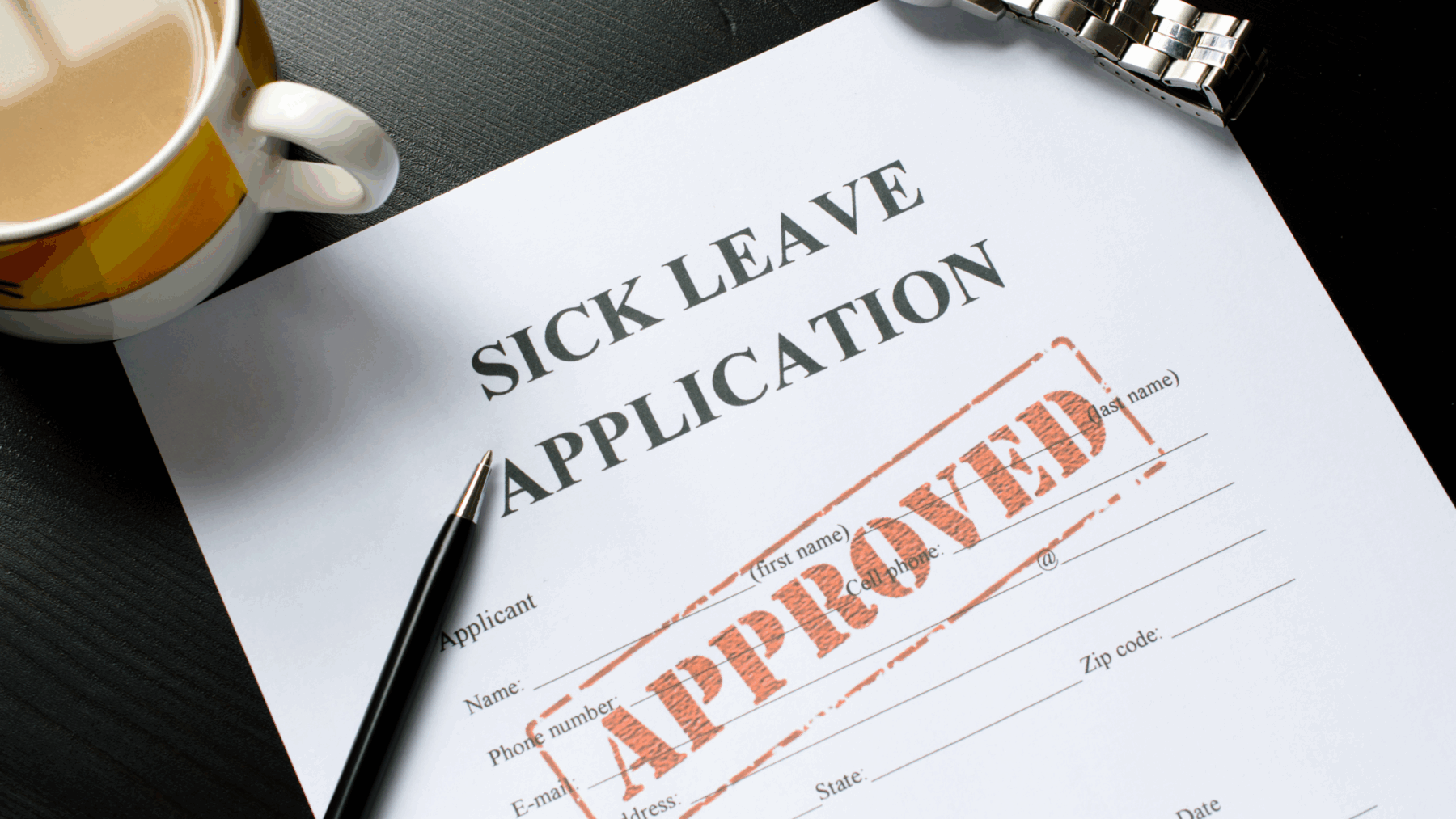Numerous reports online describe the benefits to employees of dogs in the workplace, including reduced stress and loneliness, improved morale, and increased job satisfaction.
And it’s not just employees who have something to gain from bringing their dogs to work.
Research shows that, in addition to happier, healthier employees, pet-friendly employers also witness reduced absenteeism, increased productivity and creativity, a greater willingness to work late, and improved talent attraction and retention. A number of high-profile companies, like fellow B Corps Hootsuite and Etsy, have taken this research to heart and adopted “dog-friendly” policies.
So, with all these positives in mind, having pets in the workplace seems like a no-brainer. And in some company cultures, pets will indeed be a perfect fit.
However, certain legal issues arise when it comes to allowing dogs on the job. Below, we highlight five key considerations for employers wanting to go pet-friendly. And for those businesses ready to open your doors to your workers’ furry friends, we offer some suggestions for your own pet policy.
Pets in the Workplace: Legal Issues
1. Lease Agreement. Many lease agreements deal with the issue of pets. Employers should ensure that they are not in breach of a term that prohibits tenants from bringing animals into the premises.
2. Food Safety Regulations. If an employer operates a food premises, it must not permit live animals to be on the premises (Food Premises Regulation, B.C. Reg. 210/99, s. 25).
3. Liability for Injuries.
- Injuries to workers: Dog-related injuries to employees in the workplace (e.g. dog bites, allergy-related diseases) may be covered by WorkSafeBC. However, even if covered, employers should consider the risk of injury associated with permitting dogs on the job, and the potential increase in WorkSafeBC premiums related to increased claims.
- Injuries to visitors and pets: Dog-related injuries to visitors and pets in the workplace would not be covered by WorkSafeBC, and the employer may be held liable, along with the pet-owner, if a dog injures a visitor or another pet at work. An employer may also be held liable for injuries to pets resulting from the employer failing to take necessary precautions to prevent injury (e.g., gates, leash tethers, secure garbage cans, etc.).
4. Damage to property. Pets can cause damage to walls, carpets, office equipment, furniture, etc., and the employer may be liable for this damage.
5. Human Rights. An animal allergy may be considered a disability. If so, employers are expected to accommodate employees with allergies to the point of undue hardship. Accommodation may include pet-free areas, more frequent cleaning, and possibly reverting to “no dogs allowed.”
Creating a Pet-Friendly Policy
Given the above, it’s important to have a detailed pet policy (or agreement) in place that recognizes that bringing a pet to the workplace is a privilege, not a right. Such a policy should cover when dogs can come to work and include terms such as:
- An authorization process (including confirmation that the dog is properly licensed, healthy, and vaccinated)
- A probationary period
- Behaviour restrictions (e.g. distracting or aggressive behaviour)
- Location restrictions
- Supervision requirements
- A process for addressing concerns and resolving complaints, such as a pet committee or HR representative
- Consequences for violating the pet policy/agreement
- A waiver of employer liability
- Requirements that employees (a) be financially responsible for any injuries or damage caused by their dog, and (b) sign an indemnity agreement and/or obtain comprehensive insurance that covers injuries and damage to property
Finally, keep in mind that dogs benefit from pet-friendly policies too! Many employees who would otherwise not adopt a dog because of their long work hours may consider doing so if their workplace allows pets. What a wonderful added bonus to allowing dogs to come to work – increased adoption rates and more animals finding a forever home!
Have questions about inviting dogs into your workplace or need help crafting a pet policy? Contact us!


